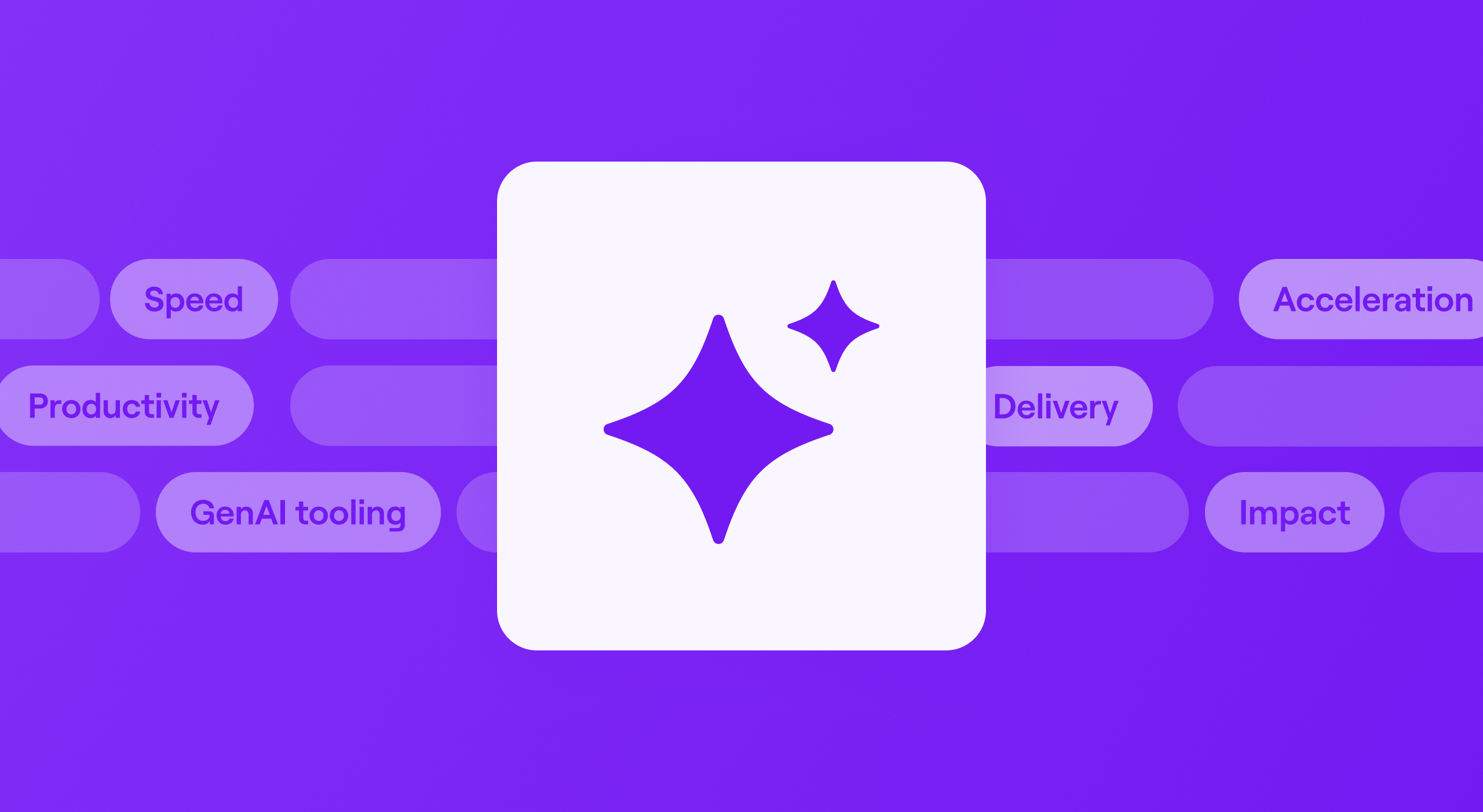GitHub Copilot Adoption Stagnates Despite Productivity Gains
Copilot Adoption: Stagnation or Slow but Steady Progress? What the Q3 Data Tells Us. - Jellyfish 🔗

Recent data from the Jellyfish research team reveals that GitHub Copilot adoption has stagnated, with fewer than 30% of companies fully integrating the tool. Despite market expectations for broader usage, many organizations are hesitant to commit due to decision paralysis caused by the rapid pace of innovation in AI tools and unclear ROI. However, for those that have adopted Copilot, usage remains high, with engineers using it on about 46% of their working days, resulting in a notable 12.6% decrease in cycle time, indicating improved productivity. The findings suggest that while Copilot's overall adoption is slow, its benefits are significant for those who embrace it.
- Less than 30% of companies have fully adopted GitHub Copilot.
- Decision paralysis and unclear ROI hinder wider adoption.
- Engineers using Copilot rely on it for about 46% of their working days.
- Companies using Copilot report a 12.6% decrease in cycle time, enhancing productivity.
What is the current adoption rate of GitHub Copilot among companies?
The current adoption rate is less than 30%, indicating that many companies are still hesitant to fully integrate the tool.
Why are companies hesitant to adopt GitHub Copilot?
Companies are facing decision paralysis due to the rapid pace of innovation in AI tools and a lack of clarity regarding the return on investment from using Copilot.
What benefits have been observed from using GitHub Copilot?
Companies that have adopted Copilot report a significant usage rate of 46% among engineers and a 12.6% decrease in cycle time, indicating improved productivity and delivery speed.